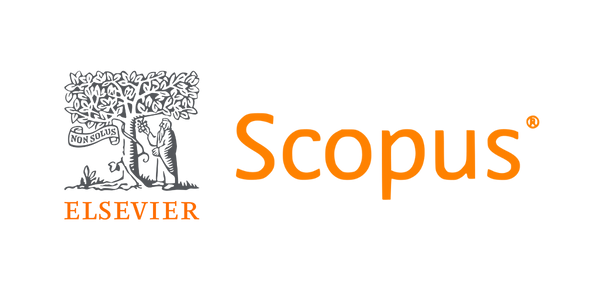Contextualizing a decade of air pollution and population vulnerability in Ecuador
DOI:
https://doi.org/10.21142/SS-0301-2022-e057Keywords:
environmental justice, Global South, air pollution, environmental conflictAbstract
Analyses of remote sensing data can help identify areas facing environmental challenges that put local populations at risk. However, these sometimes lack sufficient context in terms of the socioeconomic and political processes associated with environmental injustice. In this article, we present the findings of our qualitatively contextualized study of spatial air pollution patterns in Ecuador, using an online self-reporting tool that documents environmental injustice globally: The Environmental Justice Atlas. Our findings supported previous work on the polluting role of industries such as oil refining and mining, as well as the greater exposure of at-risk populations, such as Indigenous peoples, compared to other demographic groups. Our findings also suggested a lack of follow-up on the part of polluting industries in the repair of the social and ecological damage caused. Application of the Environmental Justice Atlas as a means to contextualize geospatial environmental findings can be used to perform rapid-environmental assessments that take into account local socioeconomic and political processes.














